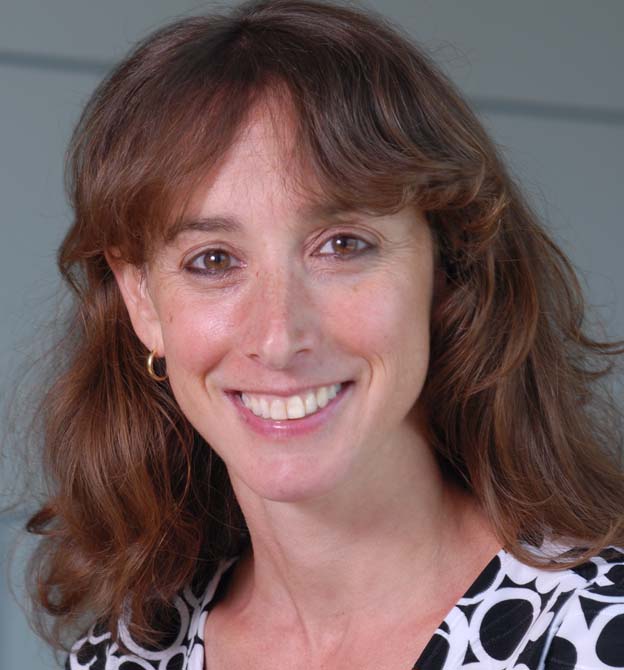Researchers awarded funding to fight two kinds of cancer

Michelle Ghert expects to solve the question of what antibiotics bone cancer patients should take after surgery. She is leading the world’s first large multi-centre bone cancer surgery trial to determine the best antibiotic treatment to reduce infection in these patients, ultimately giving them a better quality of life.
Bone cancer patients face a high risk of infection after surgery but doctors can’t agree on what antibiotics they need or for how long.
McMaster researcher Michelle Ghert expects to solve this baffling question as she leads the world’s first large multi-centre bone cancer surgery trial to determine the best antibiotic treatment to reduce infection in these patients, ultimately giving them a better quality of life.
The Canadian Cancer Society (CCS) awarded a $200,000 Innovation Grant for this research to Ghert, an associate professor of orthopedic surgery whose clinical practice focuses on primary and soft tissue cancers in adults and children.
The society also awarded a $194,000 Innovation Grant to Qiyin Fang, an associate professor of engineering and Canada Research Chair in Biophotonics at McMaster, who has invented a new type of colonoscopy. Like Google Street View, this method uses a near-infrared light imager to look deep within the human colon for signs of cancer. Fang is conducting this research with David Armstrong, professor of medicine at McMaster’s Michael G. DeGroote School of Medicine.
Although most patients with bone cancer can be treated with surgery that saves their leg, there are high rates of complications such as multiple surgeries, hospitalizations and eventual amputation. As well, infection rates are about 25 per cent, compared to hip or knee surgeries which have rates of less than one per cent.
The best antibiotic regimen to reduce the risk of infection is not known and clinical trials to determine the best antibiotic regimen have never been attempted, says the Canadian Cancer Society.
Ghert will co-ordinate a multi-centre randomized trial across Canada in which patients will be randomized to different antibiotic regimens with the deep infection rate determined in each group. The aim of the study is to identify the antibiotic regimen that will significantly reduce infection rates in bone cancer patients, reducing the risk for amputation and poor quality of life.
The grants are among 37 new Canadian Cancer Society Innovation Grants announced March 19.
Unlike the late Terry Fox, today’s bone cancer patients are long-term survivors, however surgery and intense chemotherapy put them at very high risk for deep infection.
